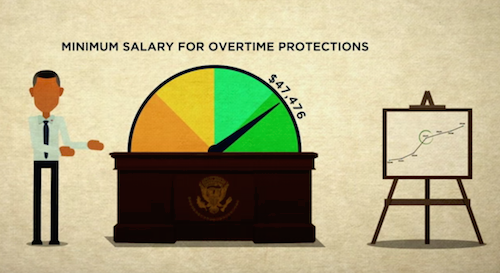Podcast: Play in new window | Download
Subscribe: Spotify | Email | TuneIn | RSS
Shhhh! There he is. Behind that rack of Eppendorf tubes….
The elusive ‘Postdoctoral Fellow’ in his native habitat!
If we’re quiet, we may be able to observe him as he completes an experiment, writes a few paragraphs in a grant proposal, and nurtures his young (i.e. graduate students.)
Postdocs are difficult to study in the wild, and no one knows exactly how many of them exist outside of captivity.
But thanks to a recent study from the University of California, San Francisco (UCSF), we are starting to understand their migration patterns as they leave the safety of the training lab and venture into the wider world.




